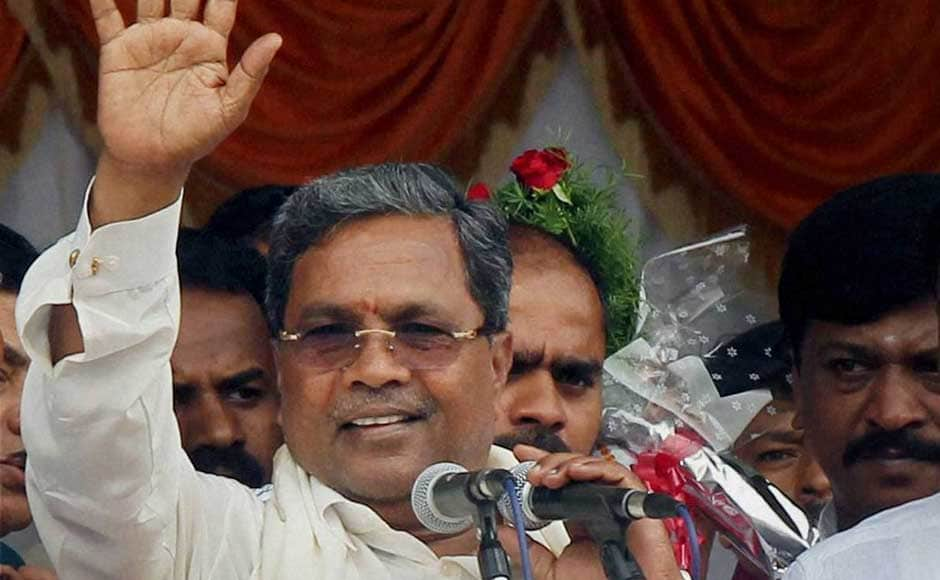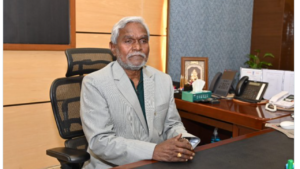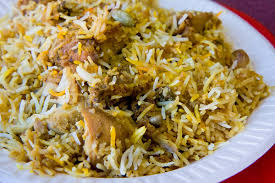
Introduction
Karnataka Chief Minister Siddaramaiah is a name that resonates across the state of Karnataka and beyond. With a political career spanning over four decades, Siddaramaiah has made a significant impact on the political landscape of Karnataka. Known for his administrative acumen and pro-poor policies, Siddaramaiah has carved out a unique space for himself in the Indian political arena. This article delves into the life, career, and achievements of Siddaramaiah, highlighting his contributions to Karnataka’s development and the challenges he has faced as the state’s leader.
Early Life and Background
Born on August 12, 1948, in the remote village of Siddaramanahundi in Mysuru district, Siddaramaiah comes from a humble background. His family was involved in agriculture, and like many rural children, he faced significant hardships during his early years. Despite these challenges, Siddaramaiah pursued his education with determination. He graduated with a degree in Science from Mysore University and later earned a degree in Law. This educational background laid the foundation for his future career in politics.
Entry into Politics
Siddaramaiah’s political journey began in the 1970s when he joined the Bharatiya Lok Dal, a political party that was part of the Janata Party alliance. His association with the party marked the beginning of his rise in Karnataka politics. Siddaramaiah first contested and won the Chamundeshwari Assembly seat in 1983, marking his entry into the Karnataka Legislative Assembly. Over the years, he has represented several constituencies, including Chamundeshwari, Varuna, and Badami, reflecting his deep-rooted connection with the people of Karnataka.
Rise in Karnataka Politics
Siddaramaiah’s political career witnessed a significant turning point when he joined the Janata Dal (Secular) in the 1990s. His association with the party, particularly with the then Karnataka Chief Minister H.D. Deve Gowda, catapulted him into the state’s political limelight. Siddaramaiah served as the Deputy Chief Minister of Karnataka on two occasions (1996-1999 and 2004-2006) under the Janata Dal (Secular) government. During this period, he was instrumental in implementing several welfare schemes, particularly those aimed at uplifting marginalized communities.
Switch to the Indian National Congress
In 2006, Siddaramaiah parted ways with the Janata Dal (Secular) following differences with the party leadership. His decision to join the Indian National Congress (INC) marked a new chapter in his political career. Siddaramaiah’s popularity among the masses, coupled with his administrative experience, made him a valuable asset for the Congress party in Karnataka. His leadership was instrumental in the Congress’s victory in the 2013 Karnataka Assembly elections, which eventually led to his appointment as the Chief Minister.
First Term as Chief Minister (2013-2018)
Siddaramaiah’s first term as the Chief Minister of Karnataka from 2013 to 2018 was marked by several groundbreaking initiatives aimed at social welfare and economic development. He launched a series of programs under the “Bhagya” schemes, which were designed to benefit the poor and marginalized sections of society. The most notable among these was the “Anna Bhagya” scheme, which provided subsidized food grains to the poor, earning him widespread appreciation.
Another significant achievement of Siddaramaiah’s first term was the introduction of the “Ksheera Bhagya” scheme, which provided milk to school children and Anganwadi beneficiaries. This initiative was aimed at addressing malnutrition among children and improving their overall health. Siddaramaiah also introduced the “Shaadi Bhagya” scheme, which offered financial assistance to economically weaker sections for marriage ceremonies.
Advocacy for Social Justice
Siddaramaiah has been a staunch advocate for social justice throughout his political career. His commitment to the cause of social justice is reflected in his support for the implementation of the Karnataka Caste Census, which aimed to identify the socio-economic status of various communities in the state. The data collected from this census was intended to help the government formulate policies that would address the needs of marginalized communities effectively.
Additionally, Siddaramaiah has been a vocal supporter of the reservation policy and has advocated for the extension of reservations to backward communities in the private sector. His efforts to uplift marginalized communities have earned him the title of a “champion of social justice” in Karnataka.
Challenges and Controversies
Like any political leader, Siddaramaiah’s tenure has not been without its share of challenges and controversies. One of the most significant challenges he faced was the internal dissent within the Congress party. Despite being a popular leader, Siddaramaiah had to navigate the complex dynamics of party politics, often balancing the interests of different factions within the Congress.
Siddaramaiah also faced criticism for his handling of certain issues, such as the Mahadayi water dispute between Karnataka, Goa, and Maharashtra. The dispute, which revolves around the sharing of river water, has been a contentious issue for decades, and Siddaramaiah’s inability to resolve it during his tenure led to criticism from opposition parties.
Another controversy that marked Siddaramaiah’s tenure was the Tipu Sultan Jayanti celebrations. The decision to commemorate the birth anniversary of the 18th-century ruler of Mysore sparked protests from various quarters, including the Bharatiya Janata Party (BJP) and certain sections of society who opposed the move. Despite the backlash, Siddaramaiah defended the decision, arguing that it was a tribute to a historical figure who played a significant role in the state’s history.
2023 Assembly Elections and Second Term
After a brief hiatus, Siddaramaiah returned to the political forefront during the 2023 Karnataka Assembly elections. The Congress party, under his leadership and the joint leadership of D.K. Shivakumar, managed to secure a significant victory, defeating the ruling BJP government. The Congress’s campaign, centered around issues such as price rise, corruption, and social justice, resonated with the voters, leading to a clear mandate in favor of the party.
Following the Congress’s victory, Siddaramaiah was once again appointed as the Chief Minister of Karnataka, marking the beginning of his second term in office. His leadership and experience were crucial factors in the Congress’s decision to choose him as the CM. During his second term, Siddaramaiah has focused on fulfilling the promises made during the election campaign, including the implementation of the “Gruha Jyothi” scheme, which offers free electricity to households up to a certain limit, and the revival of the “Anna Bhagya” scheme.
Key Policies and Vision for Karnataka
Siddaramaiah’s vision for Karnataka revolves around inclusive development and social welfare. His policies are aimed at ensuring that the benefits of economic growth reach the poorest sections of society. In addition to continuing his focus on welfare schemes, Siddaramaiah has also emphasized the need for improving infrastructure, healthcare, and education in the state.
The “Gruha Lakshmi” scheme, which provides financial assistance to women heads of families, and the “Yuva Nidhi” scheme, which offers financial support to unemployed youth, are among the key initiatives launched by Siddaramaiah during his second term. These programs are part of his broader strategy to address the socio-economic challenges faced by the people of Karnataka.
Siddaramaiah’s political journey is a testament to his resilience, commitment to social justice, and dedication to the welfare of the people. As Karnataka’s Chief Minister, he has implemented policies that have had a lasting impact on the state’s development, particularly in the areas of social welfare and economic inclusivity. Despite the challenges and controversies that have marked his career, Siddaramaiah remains a significant figure in Karnataka politics. His leadership, characterized by a focus on social equity and development, continues to shape the state’s future, making him one of Karnataka’s most influential political leaders.





